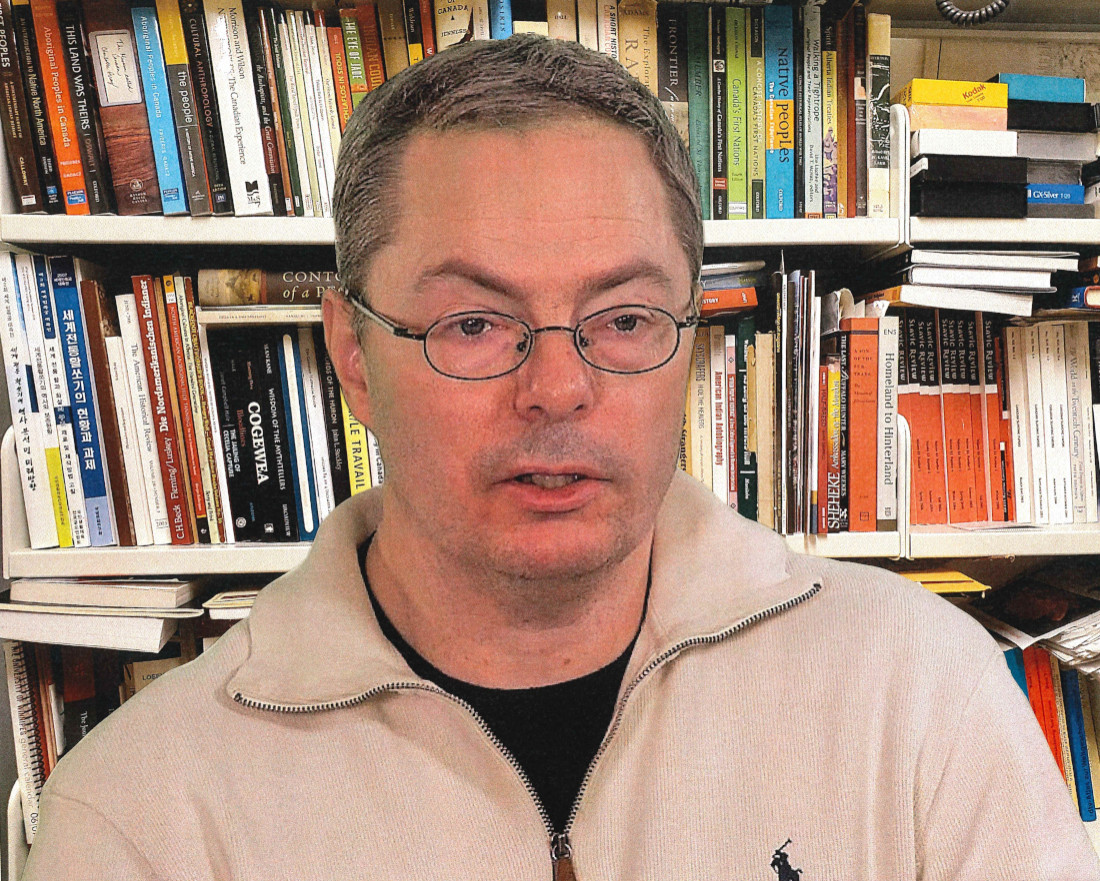PROFile: ‘A positive perception of North American Indigenous people’
Roland Bohr, associate professor, Department of History
Born in Dortmund, Germany, Roland Bohr remembers his mother reading him the biography of Sitting Bull, the Lakota spiritual leader from South Dakota.
“In Germany, there is a relatively positive perception of North American Indigenous people, bordering on the stereotypical, sometimes, but mostly in a positive way,” Bohr says.
Studies took him to the University of North Dakota, where he met students from Sitting Bull’s community.
“My wife and I were taken in by the family of one of my fellow students from the Standing Rock community, so that connection came full circle,” Bohr says.
Entering the PhD program in history at the University of Manitoba in 1999, Bohr worked on a research project under adjunct professor Jennifer Brown.
“The question I was trying to solve was how effective were Indigenous weapons compared to European weapons. Older works in anthropology were rather dismissive of Indigenous technology and weaponry,” he says.
In the context of the nascent civil-rights movement and decolonization in the 1970s, a new generation of scholars expressed a different view.
“They were presenting this largely as a colonial myth, pointing out the effectiveness of Indigenous weapons and the ineffectiveness of early firearms. So I thought, who is right?” Bohr says.
He undertook the experimental reproduction of original archery items, gleaned from what he examined in museums and books. “I learned to make bows and arrows, partly from books, partly from what elders and knowledge-keepers shared with me,” he says.
He also fired muzzle-loading weapons, testing their effectiveness and finding any criticism of the firearm unfounded.
“I found that both Indigenous weapons and European firearms were effective in their own right. They were often used side by side rather than one displacing the other,” Bohr says.
—
What do you like about Winnipeg?
“Winnipeg is rather diverse and multicultural. My wife is from South Korea. As an interracial couple, we don’t really stand out here, which would be very different in Germany or Korea.”
What do you like to do in your spare time?
“Make bows and arrows. Do archery. Dabble a little bit in guitar playing.”
If you had a superpower what would it be?
To “understand people.”
Published in Volume 77, Number 10 of The Uniter (November 17, 2022)








